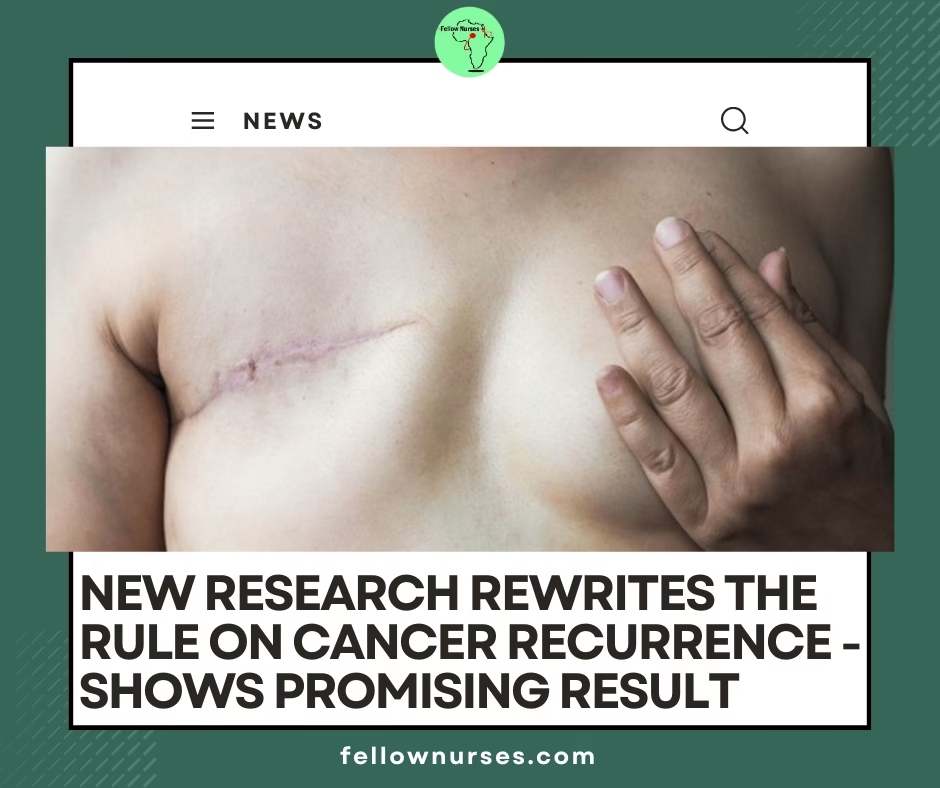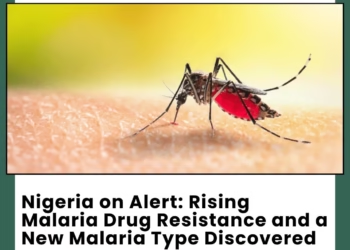Fellow Nurses Africa| Lagos, Nigeria | 22 September 2025

Breaking down the walls of fear with facts that matter
The shadow of uncertainty doesn’t have to define life after breast cancer. For thousands of survivors who wake each morning wondering if their battle is truly over, groundbreaking research from Oxford University delivers a message that deserves to echo through every support group, every oncology waiting room, and every quiet moment of worry: your fears may be larger than your actual risk.
Picture this: you’re sitting across from 100 women, all breast cancer survivors, twenty years after their diagnosis. The research shows that 86 of them will never develop another primary cancer. Let that sink in. Eighty-six out of 100 will live their lives free from this particular fear.
The study, which followed nearly half a million women across more than two decades, reveals truths that challenge our deepest anxieties. While survivors do face a slightly elevated risk compared to the general population, the difference is far smaller than most imagine. We’re talking about a 2-3% increase, a number that should comfort rather than terrify.
The research demonstrates that treatments account for only about 2% of any subsequent cancers.
One survivor, reflecting on her radiation therapy fears, put it perfectly: she once believed radiotherapy would dramatically increase her lung cancer risk, only to discover the actual risk was less than 1%. Knowledge, it turns out, is indeed power, the power to reclaim peace of mind.
Beyond Statistics: Understanding the Human Heart
Cancer doesn’t just attack cells; it attacks certainty. As one expert notes, cancer forces us to confront our mortality in ways we never expected. Some people can tuck this awareness away after treatment, but others find themselves unable to look away from what feels like a sword hanging over their heads.
This research matters because it replaces vague fears with concrete information. It transforms the unknown into the knowable, the terrifying into the manageable.
A Message to Families: You’re Not Walking This Alone
To the daughters who watch their mothers scan every mole, to the husbands who notice their wives’ breathing change during follow-up appointments, to the children who’ve learned words like “oncology” too young, this research speaks to you too.
Your loved one’s diagnosis doesn’t mark them as “cancer-prone.” They haven’t crossed into some higher-risk category that fundamentally changes their future. They are survivors, not victims-in-waiting.
Society often treats cancer survivors with a mixture of admiration and pity-celebrating their strength while unconsciously viewing them as damaged goods. This research challenges that narrative.
The vast majority of breast cancer survivors will never face cancer again. They will grow old, travel, see grandchildren graduate, argue about whose turn it is to take out the trash all the beautifully ordinary things that make up a life.
Facts, Not Fear
This doesn’t mean throwing caution to the wind or skipping follow-up appointments. Vigilance remains important. But vigilance rooted in realistic assessment, not paralyzing anxiety, serves everyone better.
Healthcare providers need to do better at communicating these realities. Patients need access to information that’s both honest and hope-filled. Families need to understand that love doesn’t require living in constant fear of what might happen.
This Oxford study joins a growing body of evidence that cancer survival rates continue to improve, treatments are becoming more precise, and long-term outcomes are increasingly positive.
For the breast cancer community, patients, survivors, families, and advocates, this research offers something precious: permission to hope with confidence. Permission to plan for futures that stretch beyond the next scan. Permission to believe that their story doesn’t have to end with cancer, even if it began with one.
In a world quick to focus on what might go wrong, let’s take a moment to celebrate what usually goes right: survival, recovery, and the extraordinary resilience of the human spirit.
Fellow Nurses Africa is the independent voice of African Nurses. We educate, inform and support the nursing profession.










